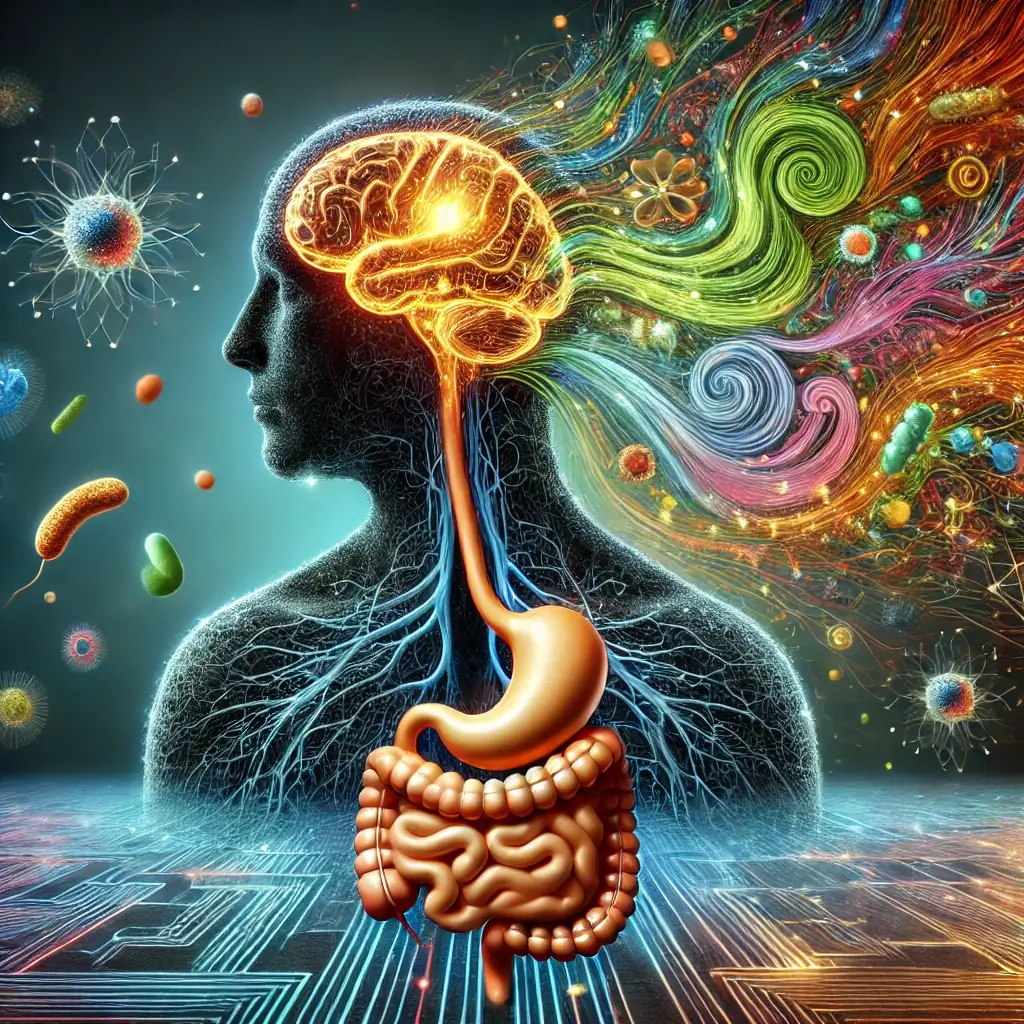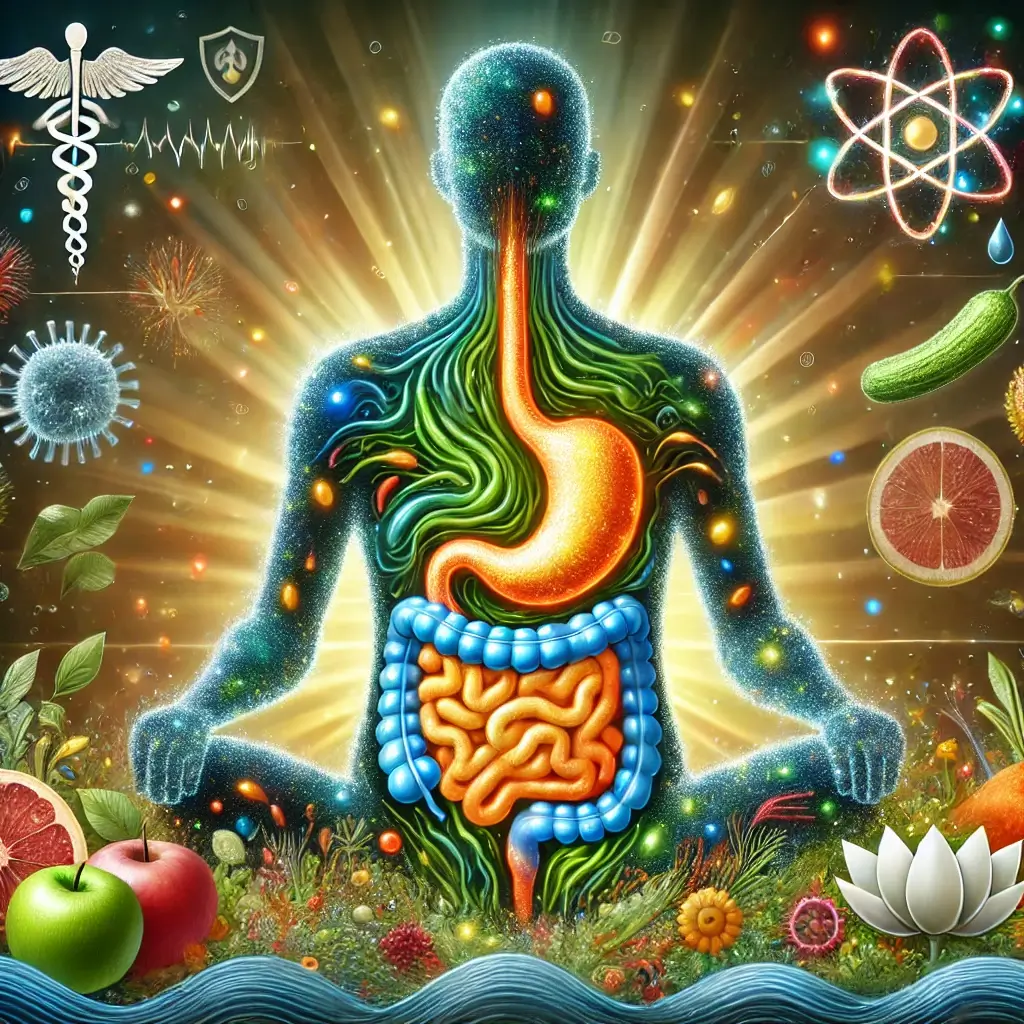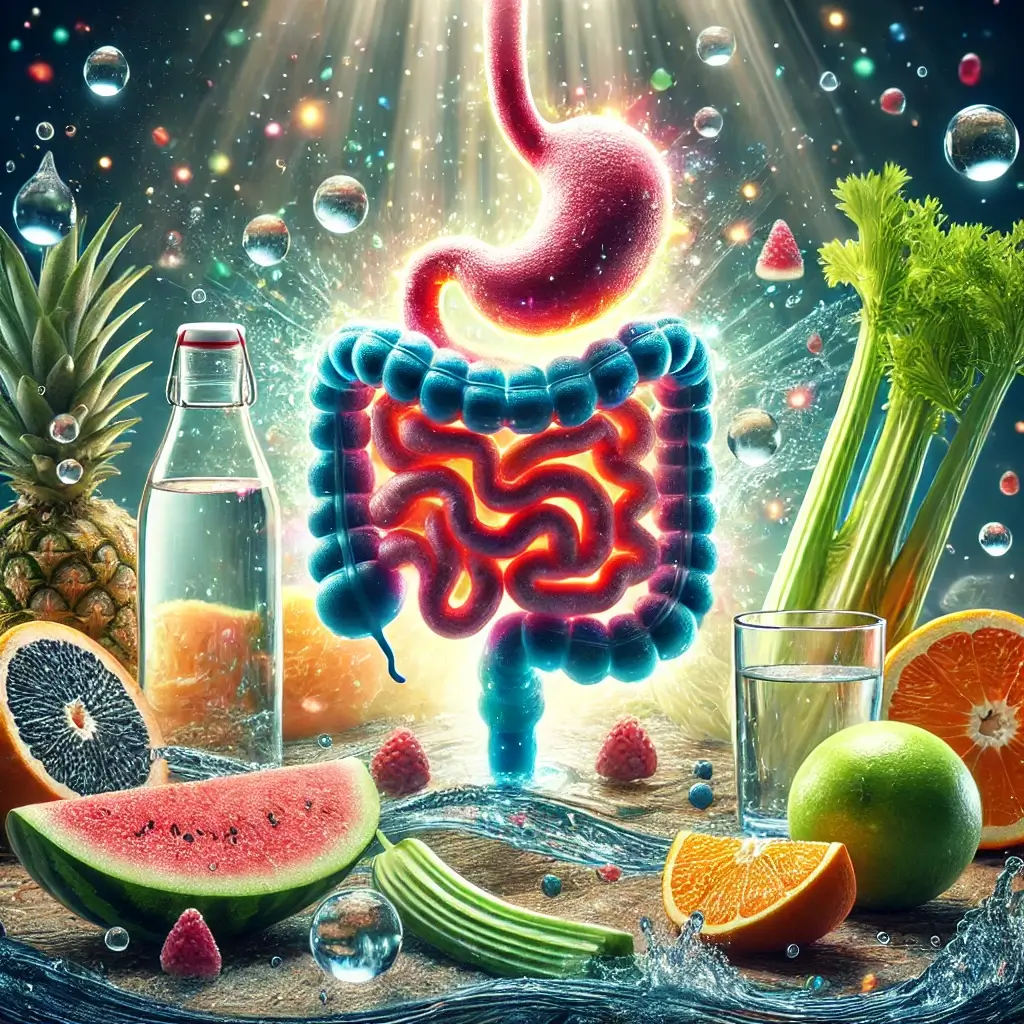Science-Backed Solutions: Managing Stress to Restore Your Gut Health Naturally
Understanding the Stress-Gut Connection
In our increasingly fast-paced world, stress has become an almost unavoidable part of daily life. While many are familiar with its mental health consequences, fewer recognize its profound impact on the digestive system. The gut, often referred to as the “second brain connected to central nervous system”, is deeply intertwined with the central nervous system through the gut-brain axis communication network. This complex communication network regulates essential functions like digestion, immunity, and even mood.
Impact of Chronic Stress on Digestive Health
When stress becomes chronic, it disrupts the gut-brain connection, leading to gastrointestinal issues and digestive problems such as bloating, constipation, diarrhea, and more severe conditions like irritable bowel syndrome (IBS) or inflammatory bowel disease (IBD). Beyond immediate symptoms, stress affects gut motility, triggers inflammation, and alters the delicate balance of bacteria in the gut microbiome balance and health.
Understanding Stress and Digestive Connection
By understanding the mechanisms of stress-induced digestive issues and adopting evidence-based strategies to manage stress, individuals can significantly improve their digestive health and overall well-being. This article explores these connections and offers actionable advice to calm your mind and heal your gut.
Stress Hormones and Their Effect on Digestion
When the body perceives a threat, it activates the “fight-or-flight” response, releasing stress hormones like cortisol and adrenaline. These hormones divert blood flow and energy from digestion to essential survival functions. As a result, gut motility becomes disrupted, leading to symptoms like constipation or diarrhea. A 2017 review in Nature Reviews Gastroenterology & Hepatology detailed how stress alters the neural pathways that regulate gut contractions, causing significant digestive discomfort (Bădărău et al., 2017).
Inflammatory Response and Intestinal Health
Chronic stress induces systemic inflammation, affecting the gut lining. This inflammatory response can weaken the intestinal barrier, making it more permeable—a condition often referred to as “leaky gut syndrome and inflammation”. A 2015 study published in Gastroenterology demonstrated that individuals exposed to prolonged stress exhibited increased inflammatory markers, which worsened symptoms of IBS and IBD (Chrousos, 2009).
Impact on Gut Microbiome
The gut microbiome is home to trillions of bacteria that play a crucial role in digestion and immune function. Chronic stress disrupts microbiome balance, reducing beneficial bacteria and allowing harmful strains to proliferate. Research from Nature Microbiology in 2019 showed that stress-induced changes in gut bacteria led to digestive issues and reduced immunity in mice, with implications for human health (Foster et al., 2019).
Managing Stress for Better Digestive Health
Incorporating mindfulness techniques for stress relief like meditation, yoga, and deep breathing into your routine can activate the parasympathetic nervous system, counteracting stress’s negative effects. These practices help reduce cortisol levels, improve gut motility, and lower inflammation.
Exercise and Gut Health Connection
Regular exercise is a proven stress reliever and a boon for gut health. Activities like walking, running, or swimming release endorphins, which improve mood and digestion. Exercise promotes microbiome diversity, essential for overall gut health.
Nutritional Strategies for Gut Health
Diet plays a critical role in managing stress and maintaining gut health. Incorporate probiotic-rich foods for gut health such as yogurt, kefir, kimchi, and sauerkraut to support a balanced microbiome. Prebiotic foods like garlic, onions, and bananas feed beneficial bacteria. Limiting processed foods, caffeine, and alcohol can also reduce digestive discomfort caused by stress.
Sleep’s Role in Digestive Health
Sleep is vital for stress regulation and gut health. Chronic sleep deprivation increases cortisol, which disrupts digestion and weakens immunity. Aim for 7-8 hours of restorative sleep each night to maintain a healthy gut-brain axis.
Professional Support for Digestive Issues
For individuals with persistent stress and related digestive issues, therapy can provide long-term benefits. Cognitive-behavioral therapy for digestive health has been shown to effectively address stress-related gut conditions, improving both mental and digestive health.
Latest Research in Stress-Gut Connection
The connection between stress and the gut has garnered increasing attention in recent years, leading to exciting innovations. For instance, researchers are exploring strain-specific probiotics for stress disorders. A 2017 study in Beneficial Microbes highlighted how specific probiotics reduced inflammation and restored microbial balance in stressed subjects (Foster et al., 2017).
Advances in Microbiome Analysis
Additionally, the development of microbiome analysis tools for personalized health offers personalized insights into gut health. These tools enable healthcare providers to recommend dietary and therapeutic interventions tailored to individual microbiome compositions, offering more effective solutions for stress-related digestive issues.
Holistic Approach to Digestive Health
The interplay between stress and digestion underscores the importance of a holistic approach to health. Chronic stress affects gut health disrupts gut motility, induces inflammation, and alters the microbiome, leading to a host of digestive problems. However, by adopting mindfulness practices, exercising regularly, optimizing nutrition, and seeking professional support, you can mitigate the harmful effects of stress and restore balance to your gut.
Final Thoughts on Stress Management
Investing in stress management for digestive health is not just about alleviating digestive discomfort—it’s a step toward overall well-being. A calm mind fosters a healthy gut, creating a ripple effect that improves quality of life. For those facing persistent issues, consulting a healthcare professional can provide the guidance needed to achieve long-term health goals.
References
Bădărău, I., Walker, A. K., Hammer, H. C., & Dinan, T. G. (2017). The gut-brain axis and the nervous system in irritable bowel syndrome. Nature Reviews Gastroenterology & Hepatology, 14(12), 723-736.
Chrousos, G. P. (2009). Stress and disorders of the stress system. The New England Journal of Medicine, 360(21), 2260-2267.
Foster, J. A., McVey Neufeld, K. A., Mao, R., Gänzle, M. G., & Wachtershauser, A. (2017). Stress, strain-specific probiotics, and the gut-brain axis. Beneficial Microbes, 8(5), 721-741.
Foster, J. A., & Neufeld, K. A. (2019). Gut microbiome and stress: Exploring the connection. Nature Microbiology, 4(10), 1345-1352.













